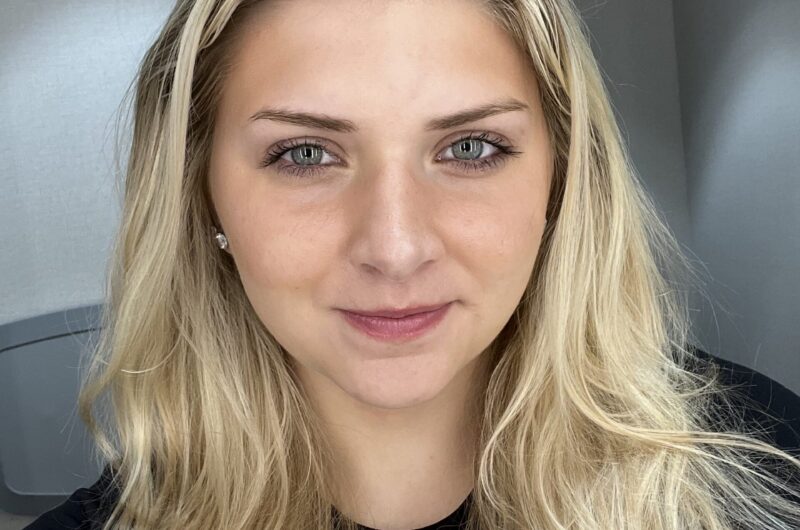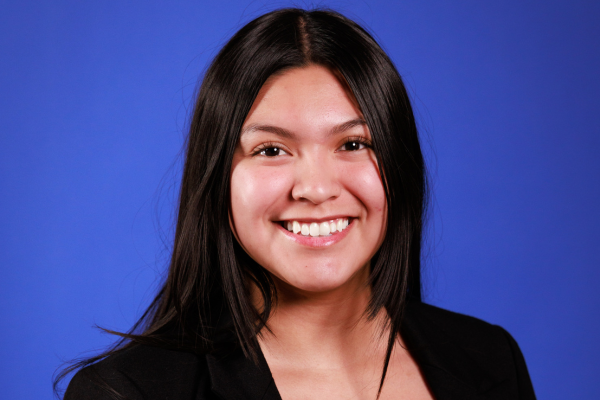 By Aaliyah
By Aaliyah
Parkrose High School, ‘18
Portland State University, ‘22
Major: Social Work, minor in Child Family Studies
Pronouns: she/her
Being raised by refugee parents and elders, I was taught to keep low, follow others, and do what it takes to stay afloat, even if that meant not speaking up for myself. For my family to flee from war and arrive in a foreign land, there is little to no knowledge of the culture and language. My parents and grandparents only had the clothes on their backs and their sponsor that had supported their travels. These experiences impact the way I was raised during my childhood and teen years. I was a very shy and introverted student that stayed in my comfort zone. I was too anxious to speak for myself due to the fear of being seen as an inconvenience and not being good enough. Younger Aaliyah would be in awe to see her future-self meeting new people, building connections and representing her community.
I am grateful to say that I found and built a community during my time at Portland State University. I was part of EMPOWER, a multicultural retention program for APID (Asian Pacific Islander Desi) students, danced at culture shows, attended workshops with student organizations and even facilitated some events. College Possible was there to keep me grounded and remind me of my roots. Connecting with my College Possible coach during each term gave me the space to decompress and explore opportunities that I wouldn’t have found myself.
During my sophomore year of college, I was on the search for gaining experience. I wanted an internship. I initially did not think it was possible due to both the start of the COVID-19 pandemic, but also suffering from impostor syndrome and not believing in my capabilities to gain new skills. As a woman, especially a woman of color, studies show that we do not apply to jobs unless we meet 100% of the qualifications. I am grateful to say that I had my College Possible coach, Karen, who motivated and encouraged me to apply to Multnomah County’s College to County internship program (C2C). I did not expect an internship program to change my outlook on how I engage on a professional and interpersonal level—but this one did
College to County is an internship program that focuses on providing students from underrepresented communities with paid summer internships. Interns gain professional development skills and navigate different career pathways. After being an intern in the program for two years, my biggest takeaway is the importance of building connections. Although I could not engage with many people in-person due to the pandemic, I still managed to build my network through scheduling informational interviews with professionals across the county. After each interview, I felt inspired. What was special about the interviews is that the majority of them were women of color. I actually came across a few who were from my family’s home country of Laos. To see these women represent our community in leadership positions was very refreshing. They give me hope for Lao youth who want to attain higher education.
Overall, I learned so much from the College to County internship program. It wouldn’t have been possible without College Possible’s encouragement for me to put myself out there. In westernized countries, systems like education and the government were not created for people who look like me. College Possible’s consistency throughout my high school and college career reminded me that my voice matters and that I belong here.


